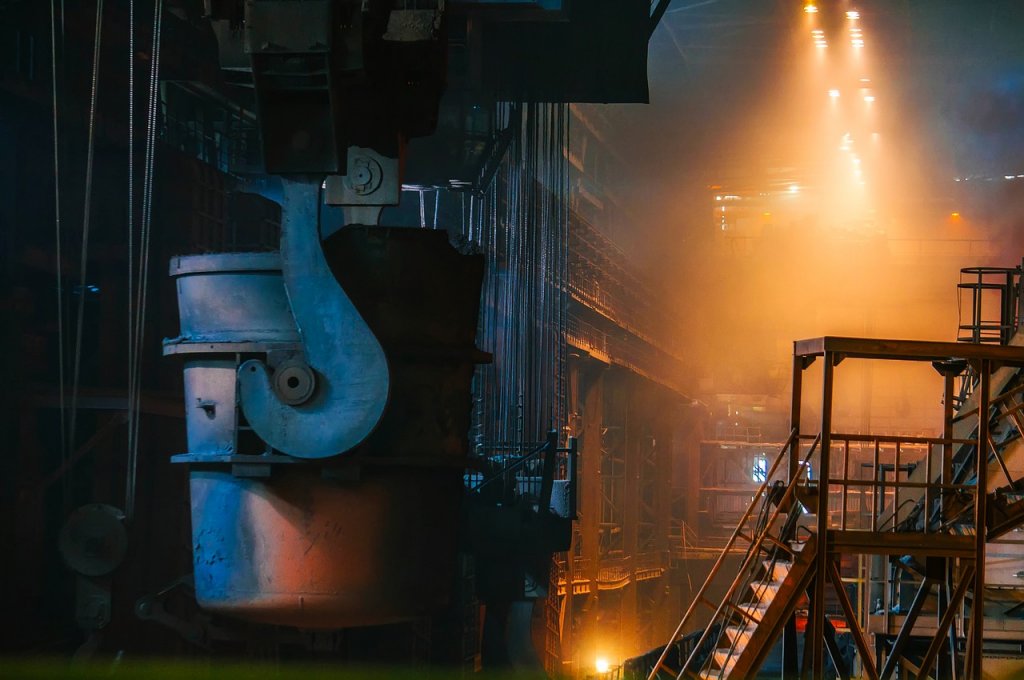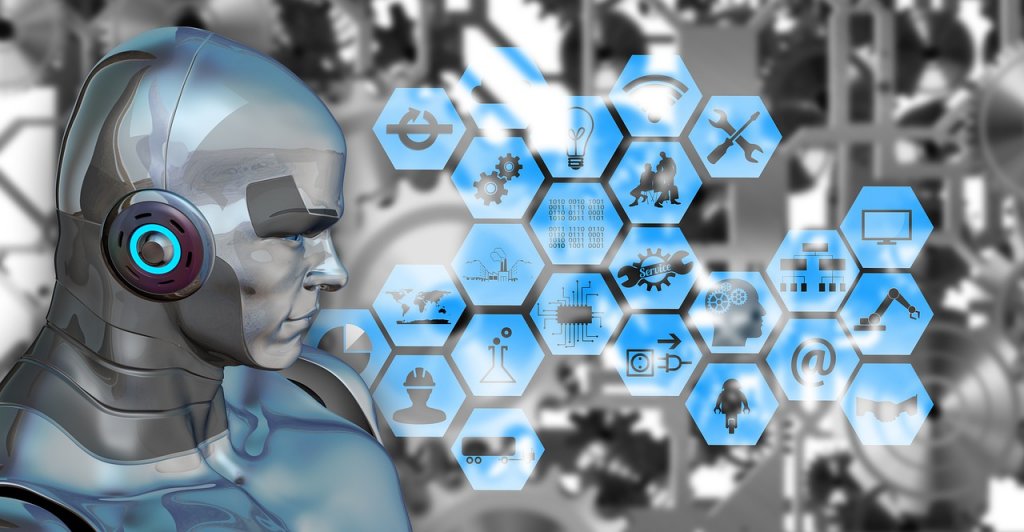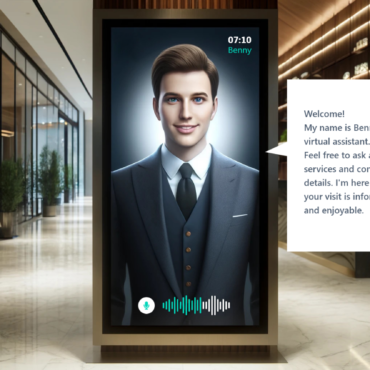Artificial Intelligence in industry
How is Artificial Intelligence (AI) used in industry? What are the advantages of this innovative technology for the manufacturing industry? Which AI scenarios are already established and what else is possible?
According to a study by the Federal Ministry of Economics and Energy (BMWi) on the potential of artificial intelligence in the manufacturing sector in Germany, artificial intelligence (AI) is expected to reach a gross value added of around 31.8 billion euros over the next 5 years. This represents about one third of the total industrial growth. Important fields of industry and application include marketing and sales, service and customer service, but above all production.
The producing industry includes mining, processing (processed trade), energy and water supply, construction, as well as the enterprises of the manufacturing trade.

In which areas of industry is AI used?
AI is used particularly frequently in the field of production, specifically in quality control, robotics, sensor technology, automation and resource management.
Quality control in production
Only constant internal and external control can reliably and permanently achieve the highest product quality. Highest quality means orienting oneself towards the growing quality demands of the customers, adhering to international standards and separating oneself from the competition. Without the most modern technologies it is hardly possible to maintain such production and quality standards.
Artificial intelligence provides a remedy. The AI algorithms specially developed for this purpose calculate the highest product quality and at the same time the lowest manufacturing costs – and that permanently. They constantly recalculate it and take into account changing conditions and forecasts. KI not only optimizes processes, but also itself, completely without reprogramming, as was the case in the past. The monitoring and control of the production processes can take place completely automatically in compliance with official standards. Production errors are recorded and processed by the AI in real time in order to avoid this type of error in the future. In addition, test reports can be evaluated with the AI text analysis, decisive points for quality can be filtered out and incorporated into quality assurance.
Robotics in production
The use of flexible and above all intelligent robots enormously increases the potential of production. Intelligent robots can act intelligently, react accordingly to different conditions, adapt, learn from and optimize themselves.

Sensors in production
Edge AI belongs to the category of most innovative smart sensors. These are small sensors that can be installed in production machines, for example, and measure corresponding values. The big advantage of Edge AI sensors is that they immediately process and evaluate the measured data themselves in real time, which means that the AI algorithms run on the sensors and the measured data does not have to be sent to a server first, as was the case previously. The big plus points are the fast evaluation of the data, sensitive data does not go out at all and there is no need for a stable network. Machine faults can thus be identified at an early stage and repaired and maintained before a potential failure occurs. This avoids production downtimes and reduces costs and risks.
Another form of smart sensor technology could be to determine the position of machines. The position of a machine or a vehicle can be precisely determined without additional pre-installation.
Smart automation in production
Automation means that tasks are performed by the software without explicit human instructions. Intelligent automation means that the software simulates human learning processes, i.e. learns by itself and applies what it has learned. AI algorithms learn independently, make decisions and react to changing conditions.
With the help of artificial intelligence not only simple repeatable tasks and routine processes can be fully automated, but also more complex tasks can be taken over or at least supported. The AI can collect, analyze and merge large amounts of data, recognize backgrounds and correlations, and optimize processes. This relieves the employees, enables better performance and results, as well as higher satisfaction. Employees can concentrate on the really decisive tasks.
Optimized resource management planning
When planning resource management, much must be considered and considered. No resources should be wasted, planning should be as efficient as possible, while at the same time realistic and feasible. Planning is carried out before the start of a project, i.e. a forecast is made with the aim of maximum optimisation and efficiency of people, materials and budget: to achieve more with less. In addition to the scope and potential limitations, the forecast must also take into account unforeseen costs and risks.
In order to make such predictions, a project manager must be very familiar with the life cycle and objectives of the project. In addition, he must have a good overview of the resources available in the company. Much depends on a good resource plan. If it has not been optimally planned and more resources are needed (e.g. manpower), the project will automatically become more expensive.
Forecasting based on historical data is one of the most important core competencies of artificial intelligence. It can help in the optimal planning of a project, learn from existing data and include parameters that have been overlooked until now.
Summary
Artificial intelligence heralds a new era in productivity and innovation. New standards are set in terms of speed, flexibility and optimization. The bottom line is that companies that have intelligently automated their processes will remain competitive and continue to optimize them to meet the increasing expectations of their customers.





